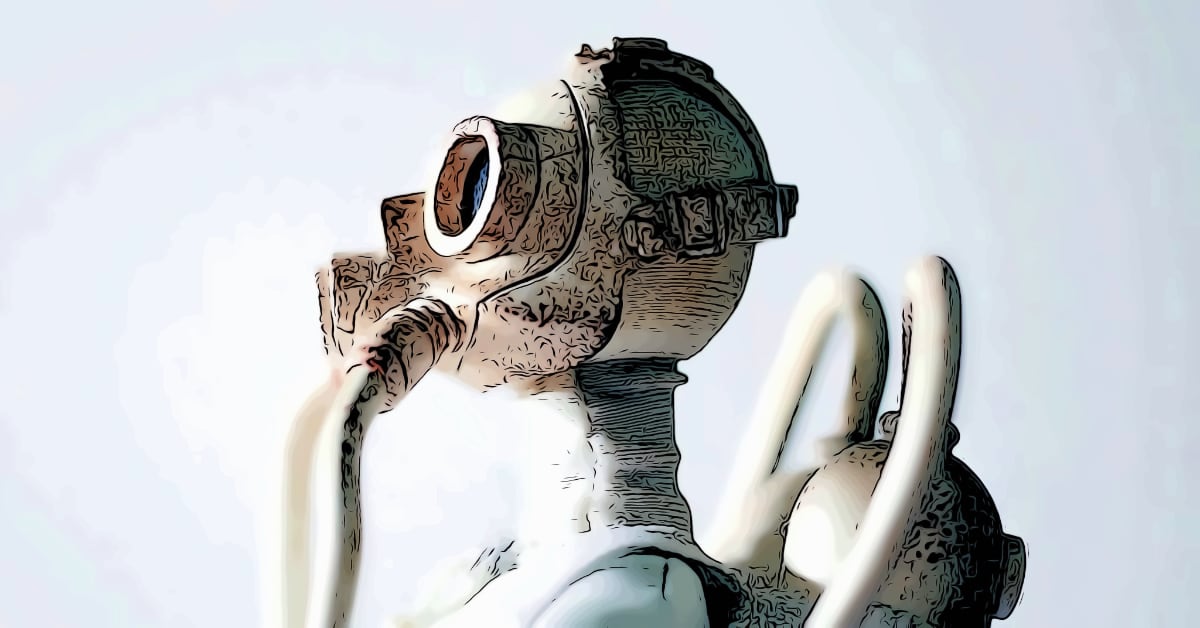the brave may fall, but do not yield
Held above my head, I heard with clarity. A simple crystal set. No amplifier, but reception was as if in the same room. Same room and across the English Channel.
The broadcasts were commercials or shipping orders for the best pesticide. Always followed by a chortle of some jowled unknown, then gone.
I’d sit in my cell, two floors below the town hall of my own village. The more I tried to tell them, the more they’d threaten to take away my crystal.
Another day, another commercial about pediculicide—until my crystal went silent on Liberation Day and took to a pocket for safekeeping.
I let them believe I was all this while held for protection. The alternative calls into question who was the enemy and whether I was ready to be set free.
In time I followed the headlines like a star, to Nuremberg, to tell anyone who’d listen. The chortle knew (had to), but asked how I knew, I could not say.
The daughter of the mayor would visit my cell and years later tell how I was not well for a long while. Shell shock and in the asylum.
The town hall has no sub-basement and they would never allow a coil of wire for fear of harm. But you did have a stringless bandalore.
A Prince of Wales toy. On your head, you’d twist it like a dial. There never was a radio, but who is to say what plays in the mind.
They acquitted Carl Wurster, but I knew he knew. His gas dispensed for industrial extermination. But I don’t know what came of my radio.



